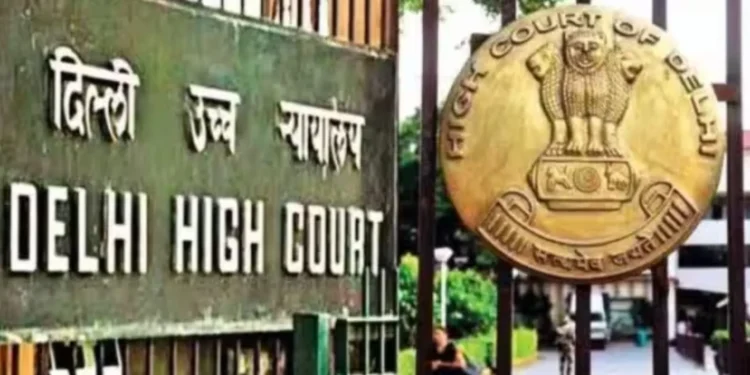Lagatar24 Desk
NEW DELHI: The Delhi High Court has sought a response from OpenAI in a groundbreaking copyright infringement case filed by news agency ANI. The lawsuit alleges that OpenAI used ANI’s copyrighted material for training its large language models (LLMs). This marks the first case of its kind in India involving artificial intelligence and copyright law.
ANI’s Allegations Against OpenAI
ANI, represented by advocate Sidhant Kumar Marwah, raised three major grievances against OpenAI:
1.Copyright Violation in Training Data: ANI claims that OpenAI used publicly available copyrighted material from its domain without authorization to train its LLMs.
2.Reproduction of ANI Content: ANI alleges that responses generated by ChatGPT often contain verbatim or substantially similar material sourced from ANI, constituting infringement.
3.False Attribution and Hallucinations: ANI contends that ChatGPT produces hallucinatory responses falsely attributed to ANI, such as generating fabricated interviews.
OpenAI’s Defense
Senior advocate Amit Sibal, appearing for OpenAI, countered ANI’s claims by arguing that:
•OpenAI had blocklisted ANI’s domain as of October 2024, following a legal notice issued by ANI in September, ensuring ANI’s material is not being used for training.
•Copyright laws protect expressions, not facts, and OpenAI operates transparently, without illegal access to data.
•OpenAI’s servers and operations are based outside India, raising questions about the territorial jurisdiction of the Delhi High Court to hear the case.
Sibal emphasized that OpenAI’s software does not store ANI’s information in a database but learns from publicly available sources. He also acknowledged the issue of hallucinatory responses, stating, “These are automated softwares, and certain manipulated queries may result in incorrect attributions.”
Court’s Observations and Next Steps
The Delhi High Court noted the complexity of the issues, particularly with advancing technology intersecting with copyright law. Justice Amit Bansal announced the appointment of an amicus curiae to assist the court, with details to be disclosed in a forthcoming order.
The court directed OpenAI to file its response, marking the beginning of a potentially precedent-setting case for AI and copyright law in India.







